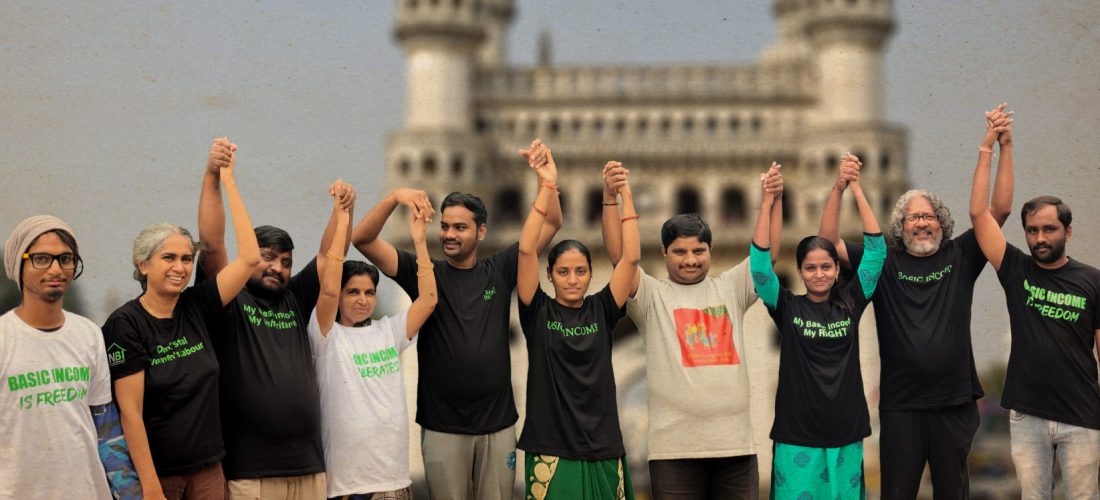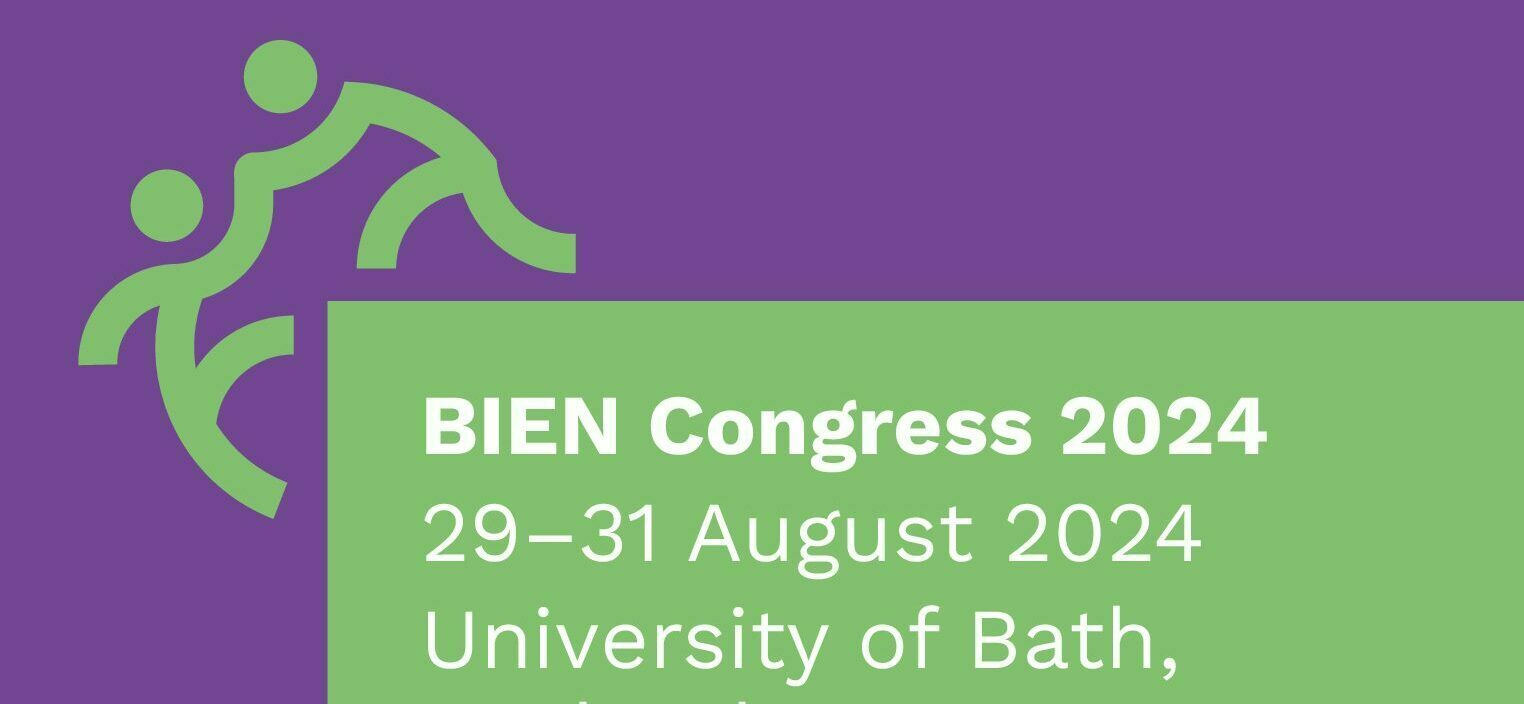Un articolo sull’esperienza di reddito di base universale ed incondizionato in alcuni villaggi in India . (in inglese)
Universal basic income (UBI)-the unconditional provision of an amount of money to every citizen-is an idea that has gained ground in several Western countries. Switzerland is planning a referendum on the subject; and a vigorous debate is on in the US and European countries on the feasibility of UBI. There have been instances in individual cities in the US and Canada where UBI has been tried out, with a degree of success, in the past.There are good reasons to pursue the idea in India, the primary one being equity.
There is a strong case to provide UBI to all Indians, a significant number of whom do not have a regular source of income. The second reason, which is equally important, is the damage that a bloated government is inflicting on the Indian economy. A vast number of “welfare schemes”, “flagship programmes” and the like eat into a huge amount of government revenue.
In fact, the reason why India is in such dire fiscal straits is the explosion of such programmes and the money that has to be borrowed to keep them running. The macroeconomic consequences have been devastating. If a lump-sum is handed out to every Indian family, this flab can be cut easily.It is not a utopian idea.
One way to fund UBI is to dramatically reduce expenditure on subsidized goods and services such as food, healthcare and education. The freed up money can then be used to provide UBI. The numbers are simple. If, to pick an arbitrary number, every Indian family is handed out Rs5,000 every year, then for a population of 1.2 billion, the expenditure works out to Rs1,20,000 crore every year. This is not a big, unrealistic, sum. By comparison, the budgeted amount for total subsidies alone in 2013-14 is Rs2,31,000 crore-almost double of what is required to provide UBI of Rs5,000 to every Indian family.
The entire non-Plan expenditure stands at Rs1,10,9975 crore, more than nine times what is needed for UBI. Now shaving off non-Plan expenditure in toto is not feasible, but surely if providing UBI is a political priority, the sum required can be easily found.
Financial affordability is one thing, political feasibility is another. But even on that count UBI can be a winner. Take a careful look at all the major welfare schemes being run currently-including the gargantuan Mahatma Gandhi National Rural Employment Guarantee Scheme (MGNREGS). In the end, they serve as ways of transferring some money to the poor. This is seen to be a vote-spinner for any party in power.
UBI can be a far more attractive idea politically. Giving regular income to the poor, far in excess of what they can earn through the MGNREGS or any other scheme, is more promising.These issues apart, UBI promises to be a humane idea: It can end the uncertainty that so deeply afflicts the poor in this country. MGNREGS promised to be a good idea. But as it stands currently, it is a corruption- and inefficiency-ridden scheme. The poor may want work but may not get it. And even if they work, chances are they will not get the money due to them.There are, of course, design issues that need to be confronted head on. What is the amount that must be provided as UBI? What should be the principles on which this sum is decided? Will establishing UBI make India a country of layabouts who refuse to work because they have a guaranteed income? These are contentious issues that need to be debated. But the logic of introducing UBI remains strong.The reasons for providing UBI in Western countries are different: stagnant wages, an effective demand collapse and associated sociological problems. In India, these issues are different but the background remains the same: helping the poor and ensuring that government intervention in the economy-devastating in recent years-is minimized.







